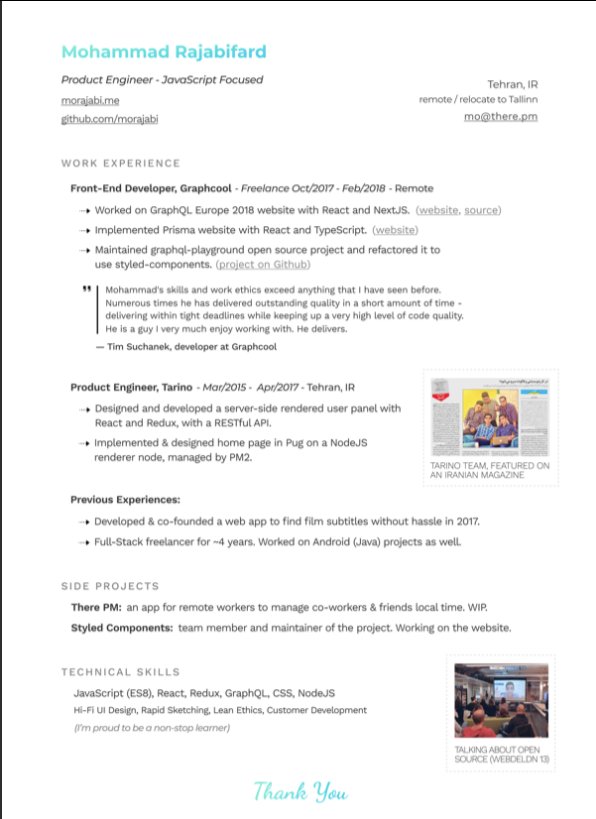This is the BIG mistake anyone looking for someone to "mentor them" makes.
All you need is to find someone who knows the very-next-thing you want to learn. Technically, anyone "a little bit further along" can be your mentor.
In 2021, I published 4 books.
— Nicolas Cole \U0001f6a2 (@Nicolascole77) January 3, 2022
In 2022, I plan on publishing 8.
Here's the 5-step framework I use to write 60,000+ words in 30 hours or less (2,000 words per hour) \U0001f447
Over the past 10 years, I have read over 500 business books.
— Nicolas Cole \U0001f6a2 (@Nicolascole77) January 4, 2022
99% were 1 idea stretched across 300 pages.
They should have been blog posts.
Save yourself the time and just read these 10 \U0001f447
Today, Microsoft announced its acquisition of Activision Blizzard.
— Nicolas Cole \U0001f6a2 (@Nicolascole77) January 18, 2022
$68.7 billion. All cash.
But Activision has had a rough couple years.
\u2022 World of Warcraft dying
\u2022 Overwatch delayed
\u2022 Sexual harassment charges
Microsoft needs to fix these 3 things to be successful:
\U0001f9f5\U0001f447
I started writing online when I was 17 years old.
— Nicolas Cole \U0001f6a2 (@Nicolascole77) November 10, 2021
Since then, I've...
\u2022 Written 3,000+ articles online
\u2022 Ghostwritten 1,500+ articles online
\u2022 Published 5 books & 30 "mini-books"
\u2022 Built two 7-figure writing businesses
If I had to start from $0 again, here's what I'd do:
I'm increasingly interested in the idea of "personal moats" in the context of careers.
— Erik Torenberg (@eriktorenberg) November 22, 2018
Moats should be:
- Hard to learn and hard to do (but perhaps easier for you)
- Skills that are rare and valuable
- Legible
- Compounding over time
- Unique to your own talents & interests https://t.co/bB3k1YcH5b
People talk about \u201cpassive income\u201d a lot but not about \u201cpassive social capital\u201d or \u201cpassive networking\u201d or \u201cpassive knowledge gaining\u201d but that\u2019s what you can architect if you have a thing and it grows over time without intensive constant effort to sustain it
— Andrew Chen (@andrewchen) November 22, 2018
Things that look like moats but likely aren\u2019t or may fade:
— Erik Torenberg (@eriktorenberg) November 22, 2018
- Proprietary networks
- Being something other than one of the best at any tournament style-game
- Many "awards"
- Twitter followers or general reach without "respect"
- Anything that depends on information asymmetry https://t.co/abjxesVIh9

1/\u201cWhat would need to be true for you to\u2026.X\u201d
— Erik Torenberg (@eriktorenberg) December 4, 2018
Why is this the most powerful question you can ask when attempting to reach an agreement with another human being or organization?
A thread, co-written by @deanmbrody: https://t.co/Yo6jHbSit9